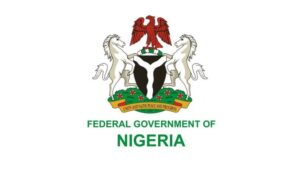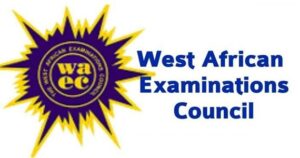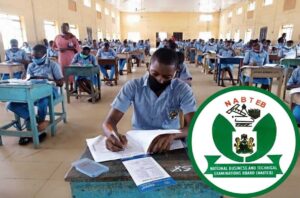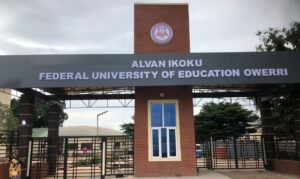Nigeria Overhauls Education System: Junior & Senior Secondary Schools to Be Replaced with 12-Year Basic Education Model

In a groundbreaking move to reform Nigeria’s education system, the Federal Government has officially announced the removal of Junior Secondary School (JSS) and Senior Secondary School (SSS). A new 12-year basic education model will replace the existing structure, making education compulsory and uninterrupted for students until they reach 16 years of age.
The announcement was made during the 2025 National Council on Education (NCE) meeting in Abuja by the Minister of Education, Dr. Tunji Alausa. This reform is expected to streamline education and enhance the overall learning experience for Nigerian students, ensuring they are better prepared for the future.
Key Changes in Nigeria’s Education System
The newly introduced 12-year basic education model replaces the previous 6-3-3-4 system with a 12-4 structure, which will allow students to complete 12 years of schooling before advancing to higher education. Additionally, the government has proposed setting 16 years as the minimum age for admission into tertiary institutions.
According to Dr. Alausa, this change is intended to provide uninterrupted learning opportunities, remove systemic barriers, and reduce dropout rates among students.
Why the New System Will Benefit Students
The new structure offers a range of benefits for students across the country:
- Reduced Dropout Rates: By eliminating financial and systemic barriers, more students will be able to complete their education.
- Vocational Skills: The system will introduce vocational and entrepreneurial skills earlier, preparing students for both higher education and the workforce.
- A Unified Curriculum: The new system will feature a standardized curriculum across all schools, ensuring consistency in education nationwide.
Aligning with Global Educational Standards
The decision to adopt a 12-year basic education model brings Nigeria’s system in line with global standards. Many developed countries already implement this structure, providing students with a strong foundation before entering tertiary education. By aligning with these international practices, Nigeria’s education system will become more competitive, giving students a better chance to succeed on the global stage.
Impact on Society and the Economy
This reform is poised to have a lasting impact on Nigeria’s workforce, economy, and society at large:
- Skilled Workforce: More educated and skilled youth will enter the workforce, contributing to national growth and development.
- Reduced Child Labour: With extended years of schooling, fewer children will be forced into child labour or become involved in social vices.
- Economic Growth: A more educated population will drive innovation and productivity, boosting the nation’s economy.
Strategies for Successful Implementation
To ensure the smooth transition to this new system, the government has outlined several key strategies:
- Policy Reforms: Changes to current educational policies will support the new structure.
- Infrastructure Expansion: New schools and classrooms will be built to accommodate the growing number of students.
- Teacher Training and Recruitment: More teachers will be trained and recruited to meet the increasing demand for quality educators.
- Funding and Partnerships: Increased financial investment in education, along with strategic partnerships, will ensure the program’s success.
- Curriculum Enhancement: A standardized curriculum will be adopted to ensure consistent learning experiences nationwide.
This ambitious reform is set to elevate the quality of education in Nigeria, equipping students with the necessary skills for higher education or immediate employment opportunities.
Looking to the Future
The introduction of this new educational model represents a major step forward for Nigeria. By providing uninterrupted and quality education for all students, the government hopes to create a generation of knowledgeable, skilled, and globally competitive individuals who can contribute meaningfully to Nigeria’s future.
As the country moves towards full implementation, the public eagerly awaits the positive changes that will reshape the future of education in Nigeria.
You may also like to read: University of Nigeria, Nsukka (UNN) Releases Supplementary Admission List for 2024/2025 Session





